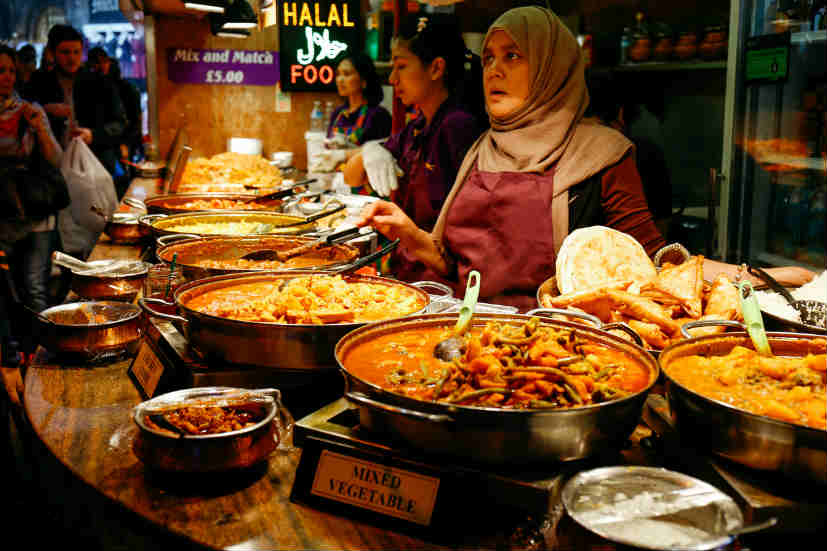Halal tourism is rapidly growing all over the world and facilitating the Muslim and non muslims on the Islamic principles and its volume will reach US$222bn by 2020, according to Mr Muh. Zubair Mughal, Chief Executive Officer, Halal Research Council during his speech at World Halal Summit 2018 at Manila—Philippines. The summit was organised by Ministry of Science and Technology Government of Philippines. More than 500 delegates participated in the event from all over the world.
Halal tourism is identified as a subcategory of tourism directed towards Muslim families who firmly abide by Islam rules. In such destinations, hotels do not serve alcohol and have separate swimming pools and spa for both men and women.
While talking to the opening session of the summit, Mr Muh. Zubair Mughal said that tourism is the 4th largest industry in the world. There are various departments rapidly growing within the tourism industry i.e. Medical tourism, religious tourism, Agricultural, social and educational tourism. Above all, Halal tourism is the industry which is most rapidly increasing all over the world. According to the World Tourism Organization (WTO) tourism industry is growing four percent per annum. Various other statistics forecast more than the above annual increase in the sector. Therefore, Halal tourism consists of 12% within the total Halal industry and Malaysia, UAE, Turkey, Indonesia and Thailand are categorically on top five countries. Non muslim countries are also working hard on their Tourist infrastructure to come into and to excel into Halal tourism market. Singapore, Thailand, UK, South Africa and Japan are on the top of the list.
He further added that in order to promote Halal industry the facilities are important like Halal hotels, food of the airlines, Halal tourism operators, Halal food in hotels, Mosques in the hotels, separate swimming pools for males and females etc. He said that Halal tourism is facing a few challenges i.e. Islamophobia in non Muslim countries, non availability of Islamic economic system, unavailability of international standards for halal tourism and infrastructure and enabling environment.

